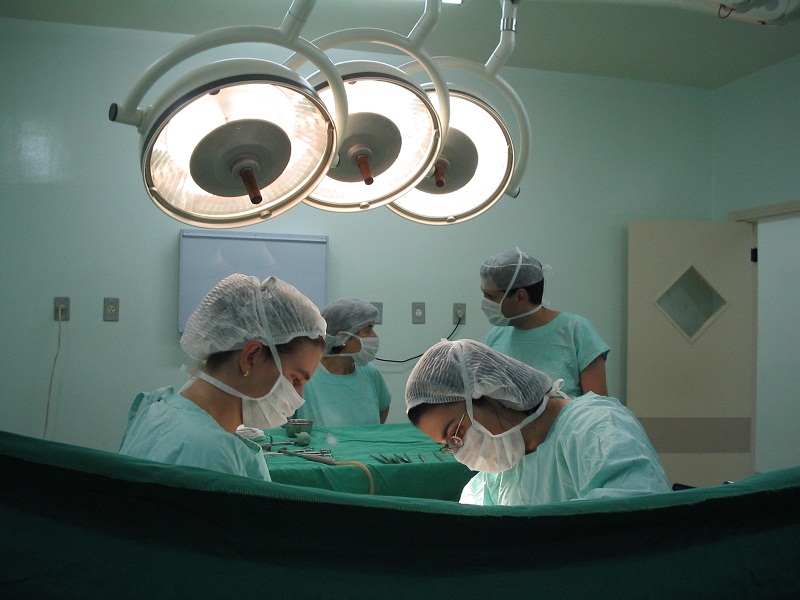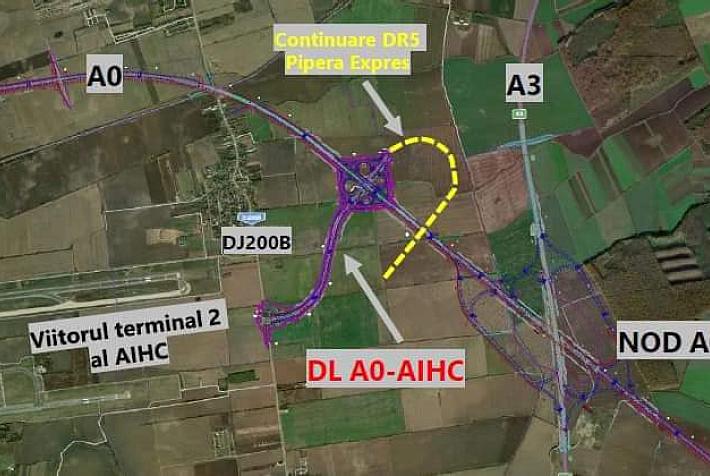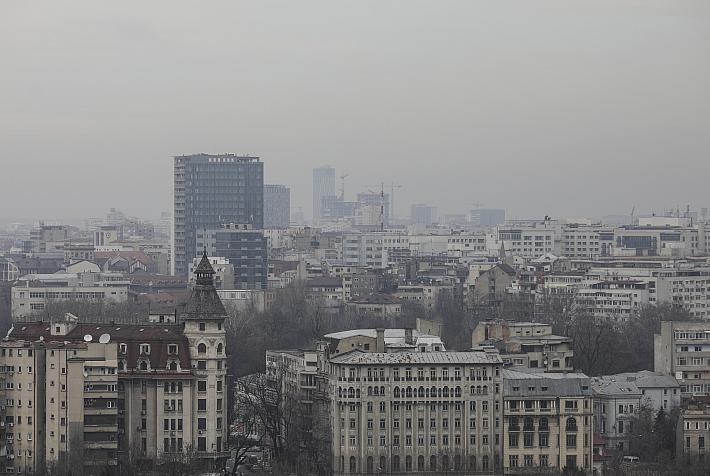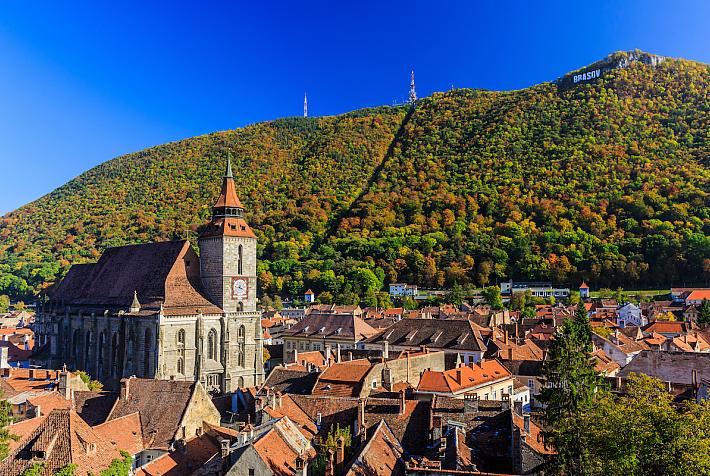Series of events cast light on deteriorating Romanian health system

 The Romanian health system has come under scrutiny after several recent events which highlighted its poor state. The state of the local health system is even subject of debate abroad and has made international headlines. The BBC has recently wrote about the Romanian healthcare, saying it is 'on verge of collapse'. “Romania spends less on healthcare than any other country in the European Union, and because of the worst recession on record, it is planning to spend even less. This chronic underfunding and a brain-drain of medical staff could be putting patients at risk,” wrote the BBC. A child who broke his arm in May and then died in the hospital where he was treated was another thing which sounded the alarm on the Romanian healthcare system. This added to the case of a Romanian opera singer Amelia Antoniu, who was admitted for a minor surgery but ended up in intensive care and nearly died in hospital. More from the BBC article here. Yesterday's Giulesti maternity blast, which killed four newborn babies so far and left 7 others severely injured, raises the question of safety in Romanian hospitals. An investigation was started to determine the cause of the blast – but in the eyes of the patients, the local healthcare system is already no longer safe. International media has picked up the story too – which will further deteriorate Romania's image abroad. On top of everything, two more cases unfolded yesterday and were picked up by the Romanian media. A premature newborn from Slobozia, who has septicemia and who needed urgent medical care in Bucharest due to lack of equipments in his hometown hospital, was sent back and forth between hospitals. In the end, an intervention from state secretary Raed Arafat was required for the baby to be received and treated at the Grigorescu Alexandrescu hospital. Information on another case has surfaced. A boy who went to hospital with an injured leg eventually died because of pneumonia in the Oltenia hospital. In this case, the autopsy revealed he had died because of the pneumonia, which exempts the doctors. But it is still a death which will add to the system's already negative image. The local healthcare system is in a long-term reform state- it has been so for years. Hospital managers always complaint they lack funds to buy medicine and equipments, while doctors and nurses leave the country for better paid jobs abroad, leaving hospitals under-staffed. The recent 25 percent pay cut, applied to doctors and nurses, who are paid out of the state budget, has convinced more of the medical staff leave the country. Meanwhile, the quality of medical education in Romania continues to worsen, raising questions about the quality of the next wave of doctors the country will produce. Will they be good enough doctors? But above all, will they stay in Romania after graduation? Or will they go abroad, as the Romanian president himself has done when seeking medical treatment? Corina Saceanu
The Romanian health system has come under scrutiny after several recent events which highlighted its poor state. The state of the local health system is even subject of debate abroad and has made international headlines. The BBC has recently wrote about the Romanian healthcare, saying it is 'on verge of collapse'. “Romania spends less on healthcare than any other country in the European Union, and because of the worst recession on record, it is planning to spend even less. This chronic underfunding and a brain-drain of medical staff could be putting patients at risk,” wrote the BBC. A child who broke his arm in May and then died in the hospital where he was treated was another thing which sounded the alarm on the Romanian healthcare system. This added to the case of a Romanian opera singer Amelia Antoniu, who was admitted for a minor surgery but ended up in intensive care and nearly died in hospital. More from the BBC article here. Yesterday's Giulesti maternity blast, which killed four newborn babies so far and left 7 others severely injured, raises the question of safety in Romanian hospitals. An investigation was started to determine the cause of the blast – but in the eyes of the patients, the local healthcare system is already no longer safe. International media has picked up the story too – which will further deteriorate Romania's image abroad. On top of everything, two more cases unfolded yesterday and were picked up by the Romanian media. A premature newborn from Slobozia, who has septicemia and who needed urgent medical care in Bucharest due to lack of equipments in his hometown hospital, was sent back and forth between hospitals. In the end, an intervention from state secretary Raed Arafat was required for the baby to be received and treated at the Grigorescu Alexandrescu hospital. Information on another case has surfaced. A boy who went to hospital with an injured leg eventually died because of pneumonia in the Oltenia hospital. In this case, the autopsy revealed he had died because of the pneumonia, which exempts the doctors. But it is still a death which will add to the system's already negative image. The local healthcare system is in a long-term reform state- it has been so for years. Hospital managers always complaint they lack funds to buy medicine and equipments, while doctors and nurses leave the country for better paid jobs abroad, leaving hospitals under-staffed. The recent 25 percent pay cut, applied to doctors and nurses, who are paid out of the state budget, has convinced more of the medical staff leave the country. Meanwhile, the quality of medical education in Romania continues to worsen, raising questions about the quality of the next wave of doctors the country will produce. Will they be good enough doctors? But above all, will they stay in Romania after graduation? Or will they go abroad, as the Romanian president himself has done when seeking medical treatment? Corina Saceanu















